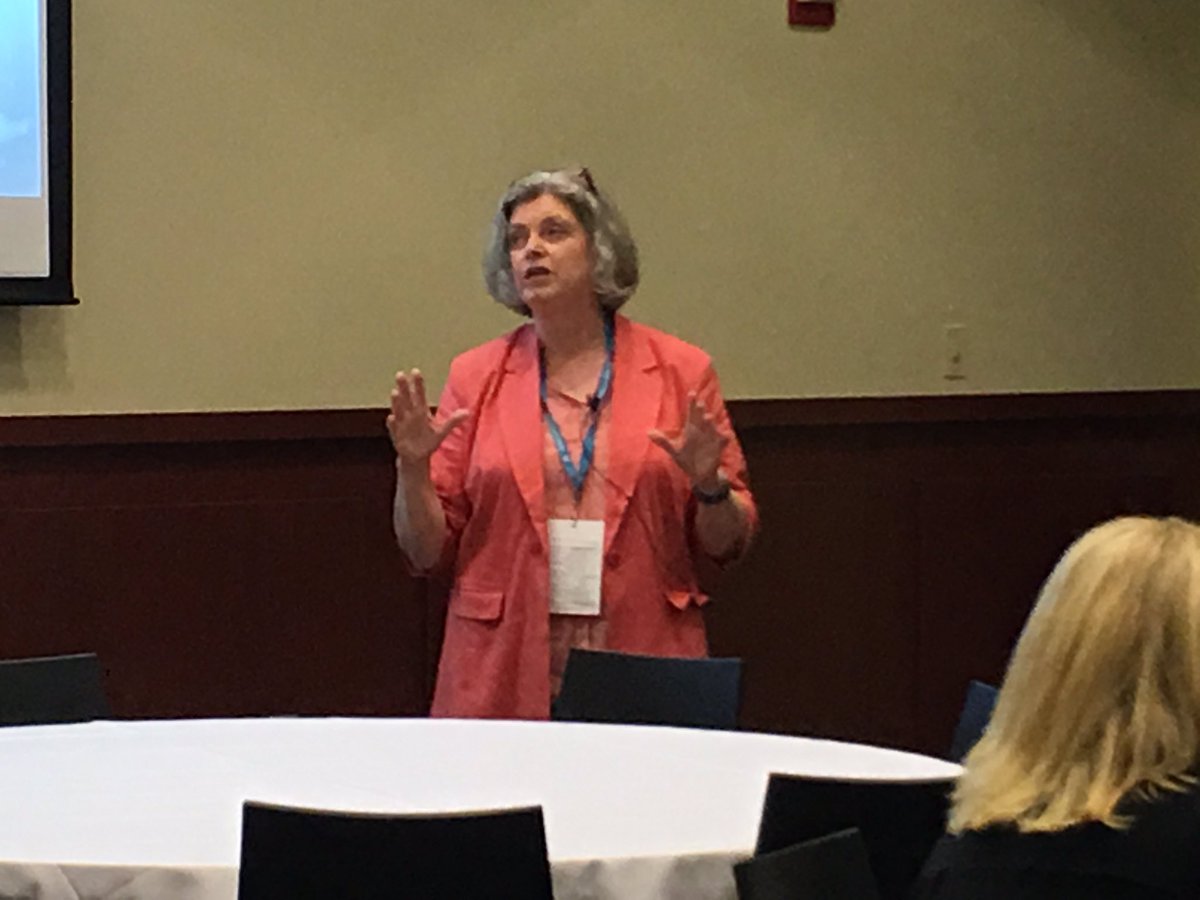Your cart is currently empty!

10 Things I Learned at WordCamp Fayetteville 2016
WordCamp Fayetteville is always an opportunity to meet new people, see old friends I don’t always see between WordCamps, and to learn and share knowledge.
Here are 10 things I learned this year.
- From Aaron Campbell I learned that the number of websites built on the WordPress platform is now 26% — higher than last year. Aaron also said, “Treat people with respect. Remember that you’re interacting with humans, even though you do it digitally.” This was not new information for me, obviously, but I really like the way he said it.
- I also learned from Aaron how and why image problems are sometimes about hosting and serving, not anything within WordPress. This helped me understand some hitherto mystifying experiences.
- From Shane Purnell I learned about Zamzar file conversion software and a bunch of books to add to my reading list.
- Shane’s presentation also gave me some ideas about sharing our team’s credentials more effectively. It’s easy to write about our clients’ credentials without feeling like we’re bragging, but it can be hard for us to do that for ourselves. Shane’s points about creative use of things others say about you — LinkedIn recommendations, for example — got me thinking.
- The team from the Arkansas Archeological Survey taught me that “not set” can show up in Google Analytics Geo reports, where I haven’t previously noticed it. “Not set” always means that Google isn’t capturing or isn’t sharing information, but I had no idea why that would happen in this report. Jonathan Weber says he has found that the Opera Mini browser can cause this. I went and checked browsers for all the location “not set” traffic I could find, and Opera Mini does indeed show up a lot in that group. It uses a proxy, so presumably other smartphone proxies could also lead to “not set” locations in your traffic. Most sites have very little of this traffic, but I found a couple of other very niche sites with higher amounts, though still less than 1%. Based on the types of sites involved, I think it’s also possible that this reflects people in locations where it might be hard to get a signal, or where signals might be confused. If you see this in your data and would be willing to help figure it out, please get in touch.
- From Brian Hilliard I learned that the “Law of Attraction” does not always refer to a belief that if you sit around sending vibrations into the Universe, you will get what you want without effort. Brian quoted Rosie’s point that when you work hard and something great happens, it can look like luck, but he also gave us some very practical illustrations of how your mindset can influence your behavior in ways that lead to success.
- From Michael McCranie I learned that online courses have “huge potential” for revenue. We’ve toyed with the idea of creating online courses for a long time, actually, what with having so many educators on our team. We’ve thought of it more as a public service than a revenue stream, but maybe we’re wrong about that. What do you think?
- From Brent Ellis I learned that government regulations about medical content can apply to images as well as the text and security efforts at your website.
- From Nancy Kay Grace I learned about some new sources for images to go with blog posts: Morguefile, Unsplash, Gratisography, and Photopin.
- From Logan Kipp I learned that your web hosting company isn’t always responsible for security issues at your website. There are mistakes you can make that are like putting a pet door into your door at home — if you make changes that lessen the security at your website, you can’t hold your hosting company responsible.
What did you learn?
by
Tags:

Leave a Reply